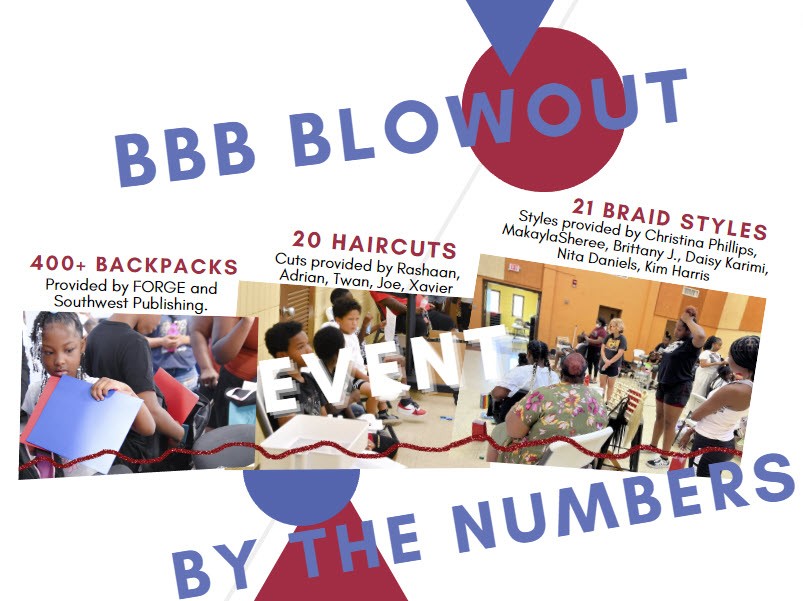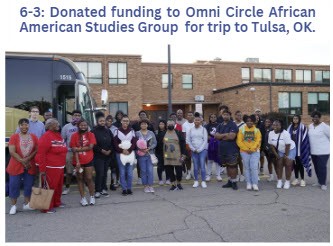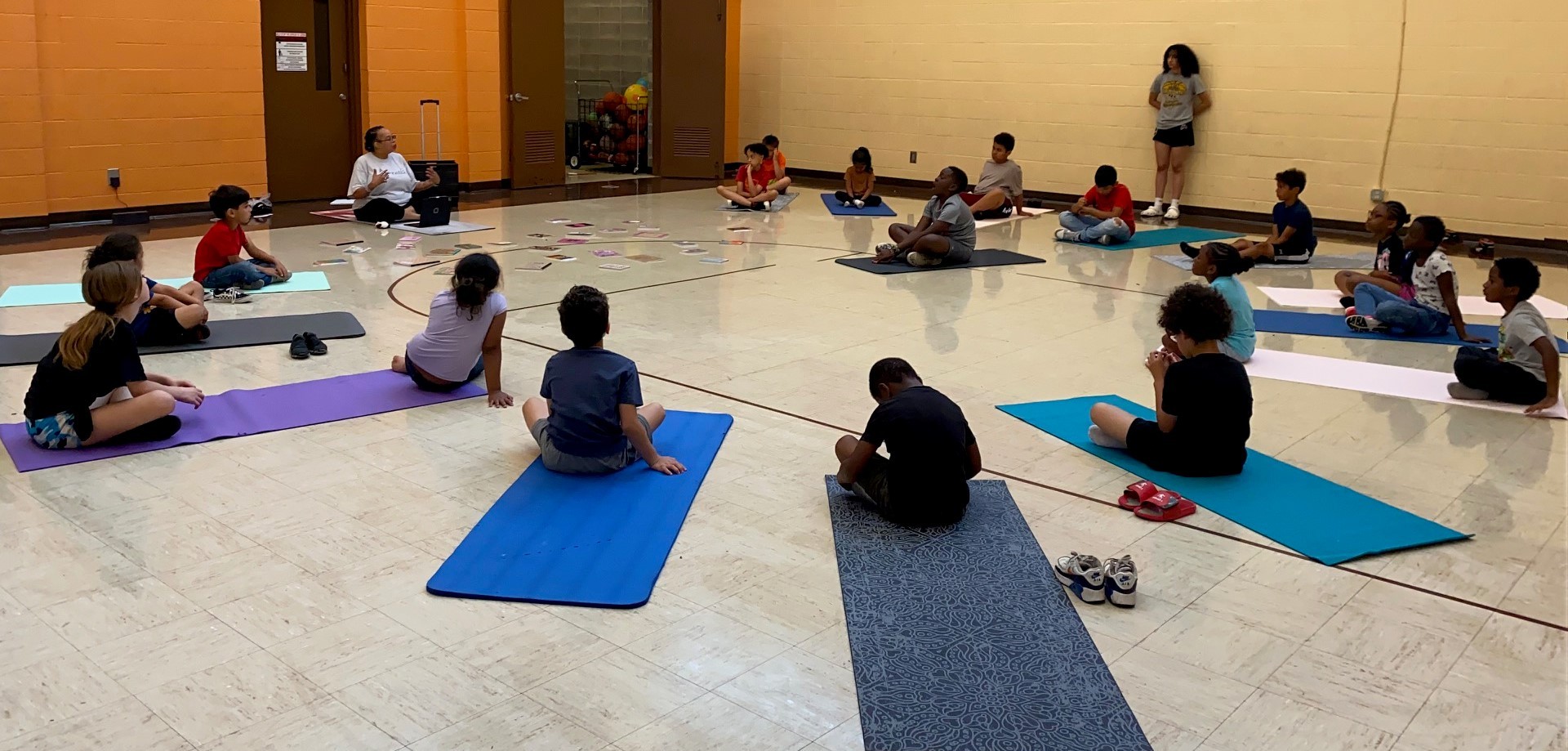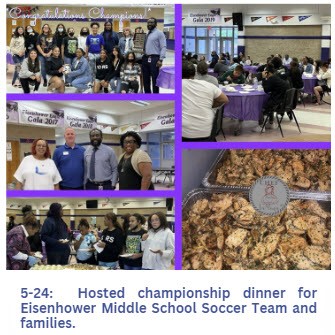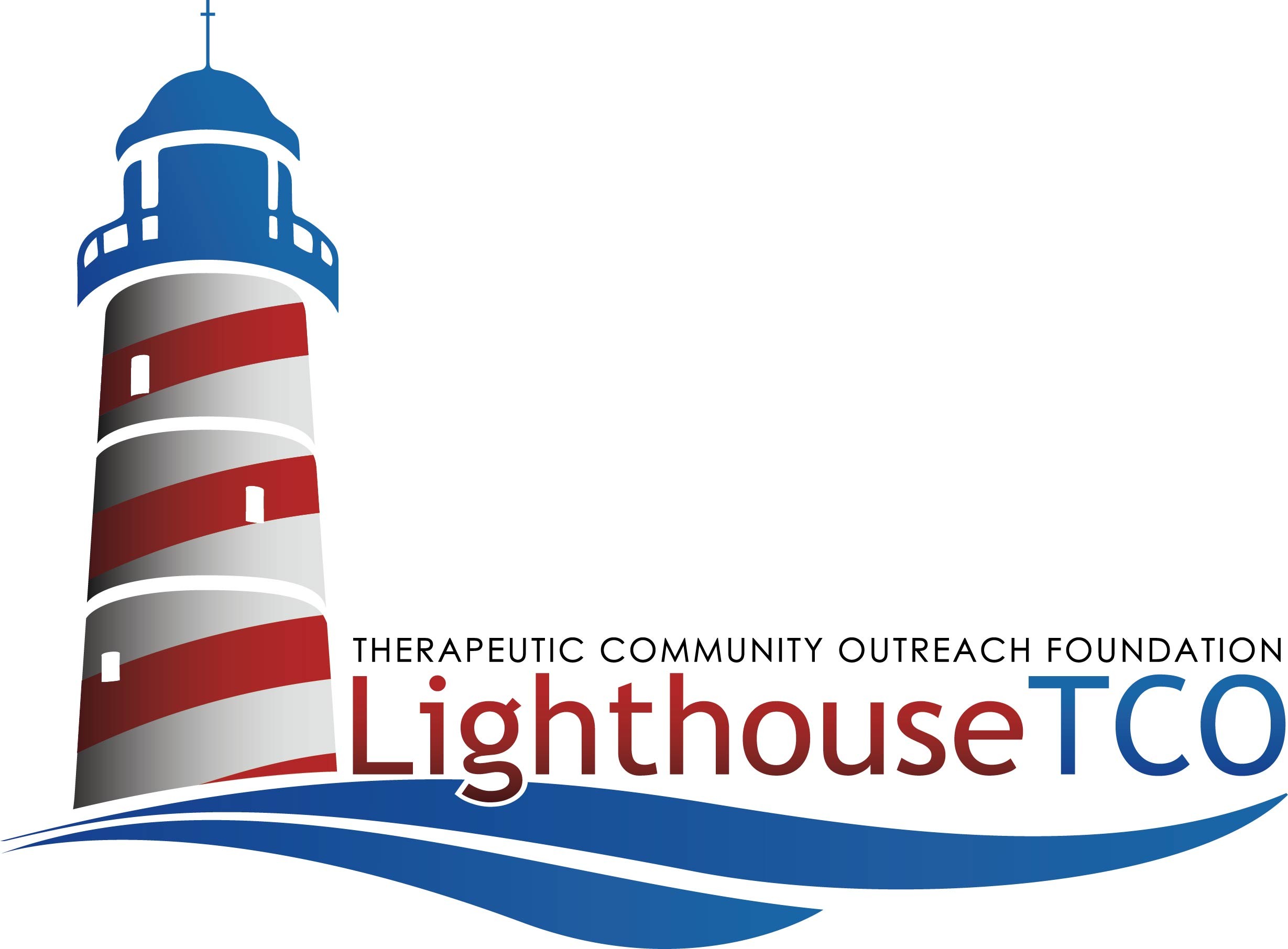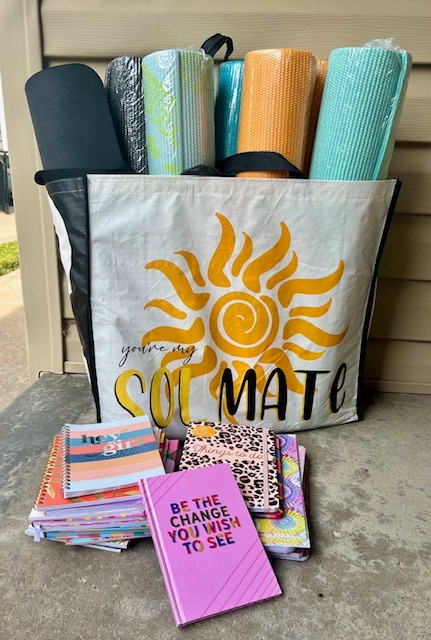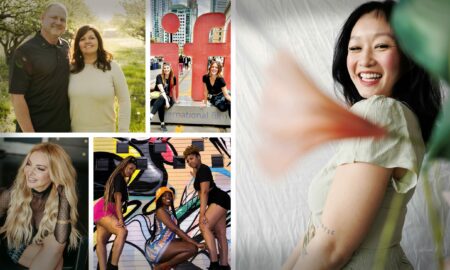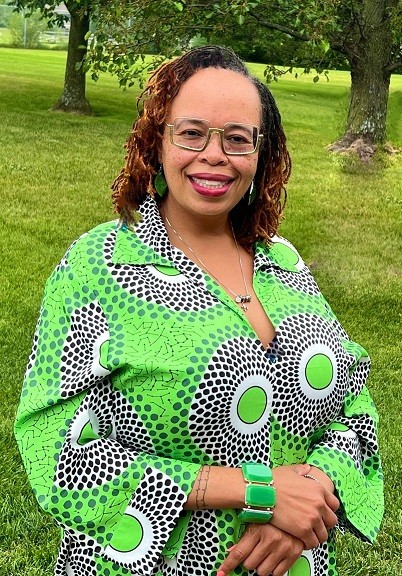

Today we’d like to introduce you to Tara Wallace.
Hi Tara, thanks for joining us today. We’d love for you to start by introducing yourself.
I graduated from Washburn University in 2013 and began working as a community-based case manager and social worker in 2014. My position was created in response to the need for increased mental health professionals directly in the community. I also visited the homeless shelter to provide services to families without transportation to the community mental health center. Many of my clients were connected to the child welfare system because of their family’s homelessness or systemic factors. This led to me becoming deeply involved with child welfare advocacy.
When the priorities of the community mental health center shifted away from the low-income community, I left and started a private practice offering those services free. I also focused on educating undergraduate social work students that I teach at Central Texas College about why this practice level was critical to our work in our profession. Little did I know we would be facing a pandemic that put the very foundation of our profession to the test in a major way.
The pandemic led to the formation of a non-profit organization Lighthouse Therapeutic Community Outreach Foundation. This was necessitated by a shift in focus from trauma therapy to children and families to addressing the family’s physical, mental, and emotional needs as a whole. The work of Lighthouse TCO has increased significantly to include adopting Highland Park Central Elementary School and Deer Creek Community Center and supporting many education efforts in East Topeka.
Would it have been a smooth road, and if not, what are some of the biggest challenges you’ve faced along the way?
Not even fairy tales have smooth roads. The women who were my world’s most amazing advocates, volunteers, role models, and badasses did not live to see me reach this phase. They are proud, but I would love to have them here. There are so many conversations I would have had with them after being disrespected as an educated Black woman, professional, and business owner.
I walked into the social work profession marked because I “took” someone’s job. I saw a job, applied, interviewed, and was offered the position. I knew nothing about anyone else before me. I have lost count of the times my credentials were questioned in court by parents who said I am not “a real therapist.” Or the attorney who refuses to believe a child would tell me their life story during the first therapy session because they experience trust. I do not know how many times my being Black has been an issue for a parent, although I have been told about it twice; and accused of “reverse racism” (I’m not certain how that is even a thing) once.
The “Angry Black Woman” title disrupted my ability to be myself. As a student and vice-president of the graduate social work student association, I reserved a meeting room. It was occupied by a female professor who assumed it was free to use because it was on her floor. As an employee of the school, I knew I had done my due diligence to reserve the room, so I told our group to get set up. The professor went to get a male professor from her department to make us leave the room.
He came in and stared us down. Everyone else waited to see what I was going to do. I ignored him and waited for the president to start the meeting. He stormed out of the room and attempted to report us to the college. Nothing came of it because our documentation was in order. But at that moment, there was a definite shift in the air.
Given the opportunity, I would do the same thing again. That is something I learned from my mothers and grandmothers. Knowledge is not power. The application of knowledge is power. When you know you’ve applied it correctly, stand firm on it. I have never been intimidated easily, but that does not make the struggles less noticeable. Standing firm gets lonely sometimes because I find that only a few people are willing to take the risk, even when they know they are right. It’s easier to conform and be liked than to stand firm and fall out of favor. Finding favor often costs something that most people don’t realize until it’s too late. Peace of mind. When your intentions towards others are genuine, favor will find you. My non-profit provided nine weeks of free trauma-responsive yoga and creative expression groups to youth at three different summer programs in Topeka with no local grant funding. I have been approached about expanding the groups to families in the community and the first consideration was making sure I do not have to fund them out of my own pocket. Doing something you love and someone finding the funding to make it happen for you is most definitely favor.
Let’s switch gears a bit and talk business. What should we know about your work?
Most people know me as a social worker and trauma therapist. Or even an advocate for families connected to the child welfare system or foster care. They see me in school or community meetings with children because my practice is unique. I allow children to identify spaces that are comfortable for them so we can talk about the uncomfortable things to facilitate their recovery.
Some know about my dream project Lighthouse Therapeutic Community Outreach Foundation. This is the non-profit organization I started in response to COVID-19. As an individual in private practice, I can only bill for individual, family, and group therapy. As part of my training with Central Texas College, I am certified as a Community Health Worker. This is something I can provide, but it is not recognized by the state of Kansas. When the pandemic shut everything down, I began providing case management services by connecting families to resources in response to the needs they were communicating after therapy sessions. The low-income, low-access communities (East Topeka) were hardest hit, so my efforts were focused there. I participated in meetings to facilitate an understanding of processes and services for families with intensive needs.
As the pandemic lifted and additional needs were identified, I began applying for more grants to cover the increase in requests. Additionally, fundraising campaigns resulted in donations and volunteer support to give back to the schools and community adopted by Lighthouse TCO. Much of what we do is behind the scenes. I was born and raised in East Topeka. My entire family is the product of East Topeka. We have a sense of pride and talk about how much of an impact growing up there had on our lives. To come full circle by giving back means a lot to me.
What changes are you expecting over the next 5-10 years?
Social work will prayerfully continue returning to its roots of empowerment, education, advocacy, and building a community around those who need it most at every level. We must remember what that means because people have put pricetags on human life. We cannot compromise who we are, or we can no longer call ourselves social workers. If we operate with the integrity of our profession, we will eventually work ourselves out of a job. The fact that I am not with the same people that I started with 5 years ago tells me that something I am doing is working because people are gaining what they need to grow into better versions of themselves. I pray that 5 years from now Lighthouse TCO evolves into something different because the needs of the community have changed for the better.
Contact Info:
- Website: lghthse.com
- Instagram: https://www.instagram.com/lighthousetco/
- Facebook: https://www.facebook.com/LighthouseTCOFound/

